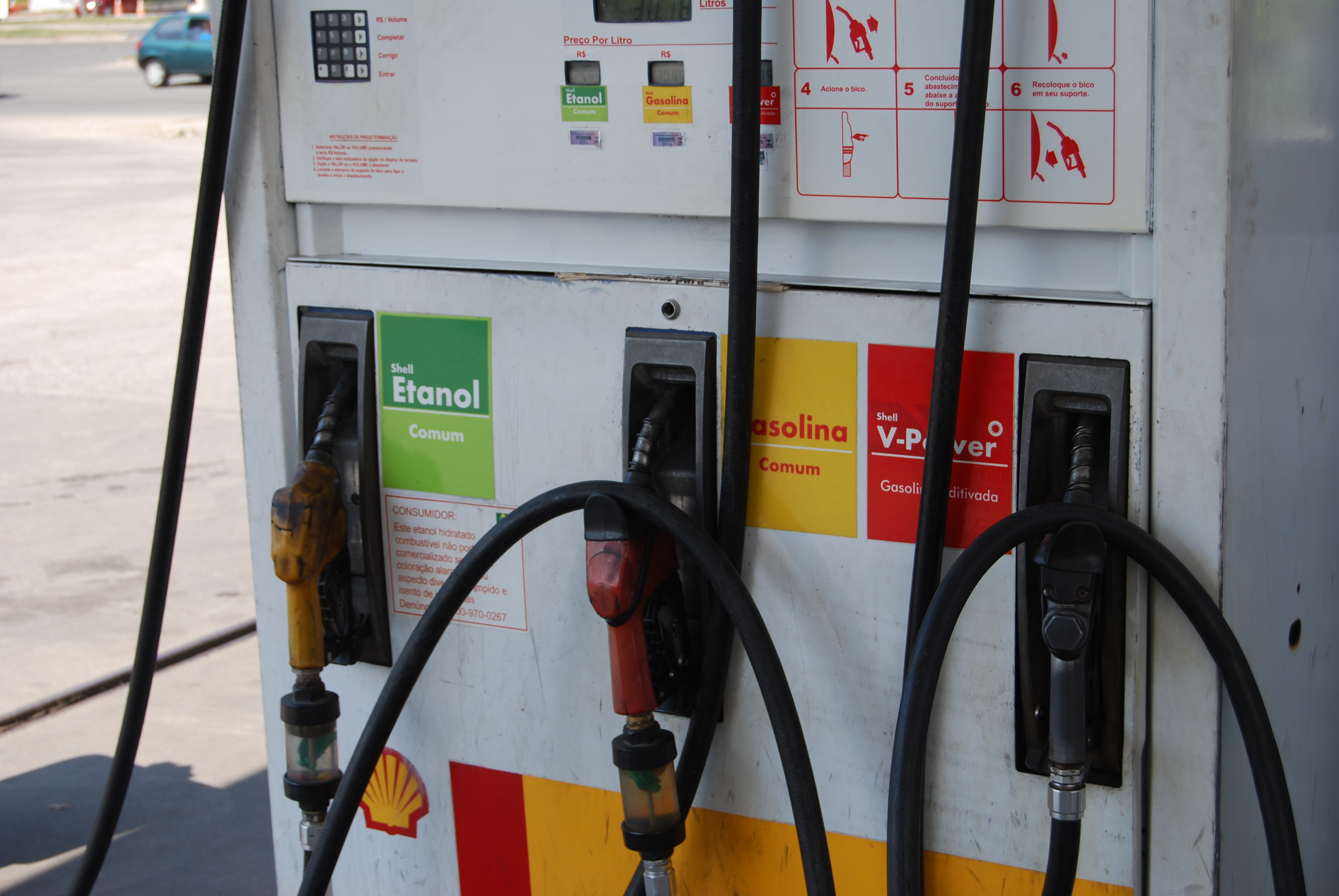By Matt A. Mayer
Most Americans are adamant that we reduce our dependence on foreign oil, especially oil from countries hostile to the United States. Because gasoline accounts for roughly 45 percent of all oil use in America, the push for using more ethanol in gasoline aims to reduce that dependence. So far, so good.
But instead of importing less-expensive and more-efficiently produced sugar-based ethanol from Brazil, we subsidize American refiners with a 51-cents-per-gallon tax credit and provide U.S. corn growers with additional subsidies. These subsidies distort the market, making the Brazilian ethanol more expensive.
Brazil is the world’s largest ethanol producer and exporter. In 2004, it produced 37 percent of the world’s ethanol. Of the 160 million gallons imported to the U.S. in 2004, 86 million gallons came from Brazil, which cost $1.01 per gallon delivered to America. With tariffs, the cost rises to $1.58 per gallon, compared with the U.S.-produced cost of $1.40 per gallon. Brazil has the capacity to export three times its current level, so its price should remain stable.
The U.S. subsidies also create incentives for American growers to reduce other food crops to produce more corn for conversion to ethanol. Ohio, which ranks seventh in corn production, produced roughly 4.2 percent of the total value in corn in the United States in 2005 and received more than $424 million in subsidies. All of this sounds good for Ohio and the United States. It isn’t.
Before the push for ethanol, corn was used for a more basic purpose: feeding people. Whether used as feed to produce beef, pork, mutton and poultry or used to feed animals that produce dairy products and eggs, Americans depend on corn and its byproducts as diet staples.
Because of the push for ethanol, the cost of food has risen dramatically for Americans. Corn prices have risen by 70 percent, the price of food has risen by 3.9 percent and the price for milk and eggs has increased by 15 percent. Restaurants, of course, also are raising prices.
Collectively, these increases translate into Americans spending $14 billion more for food per year, and, on average, cost each American approximately $47 more per year. These costs will increase as more growers plant corn for ethanol.
As with most price increases, this added cost acts as a regressive tax on the middle- and lower-income Americans, who have the fewest resources to absorb increases. For better-off people, such price increases are largely meaningless. For the 55 percent of American households making less than $42,500 per year, spending more money on food and gasoline for a dubious minimal decrease in environmental pollution is asking a lot.
Importing ethanol from Brazil would provide the environmental benefits without increasing prices and would eliminate those market-distorting subsidies in the already pork-laden farm bills coming out of Washington.
Another benefit would be a stronger relationship with Brazil’s President Luiz Inácio Lula da Silva, who can act as an important regional counterweight to President Hugo Chavez in Venezuela, the fourth-largest exporter of oil to America. We need all the leverage we can get in dealing with Chavez, who is an ally of despots in Iran and Cuba.
Eliminating subsidies also would provide America with a stronger hand when dealing with the European Union over its policies that currently inhibit our ability to sell agricultural products to the European market. With this approach, our growers could focus on selling agricultural products to the fairly large EU market, and middle-class and poorer Americans would keep a little more money in their pockets as food and fuel prices decrease.
A little common sense can go a long way in this area.
This article was written by Matt Mayer while he was an adjunct professor at Ohio State University and originally appeared in The Columbus Dispatch.

